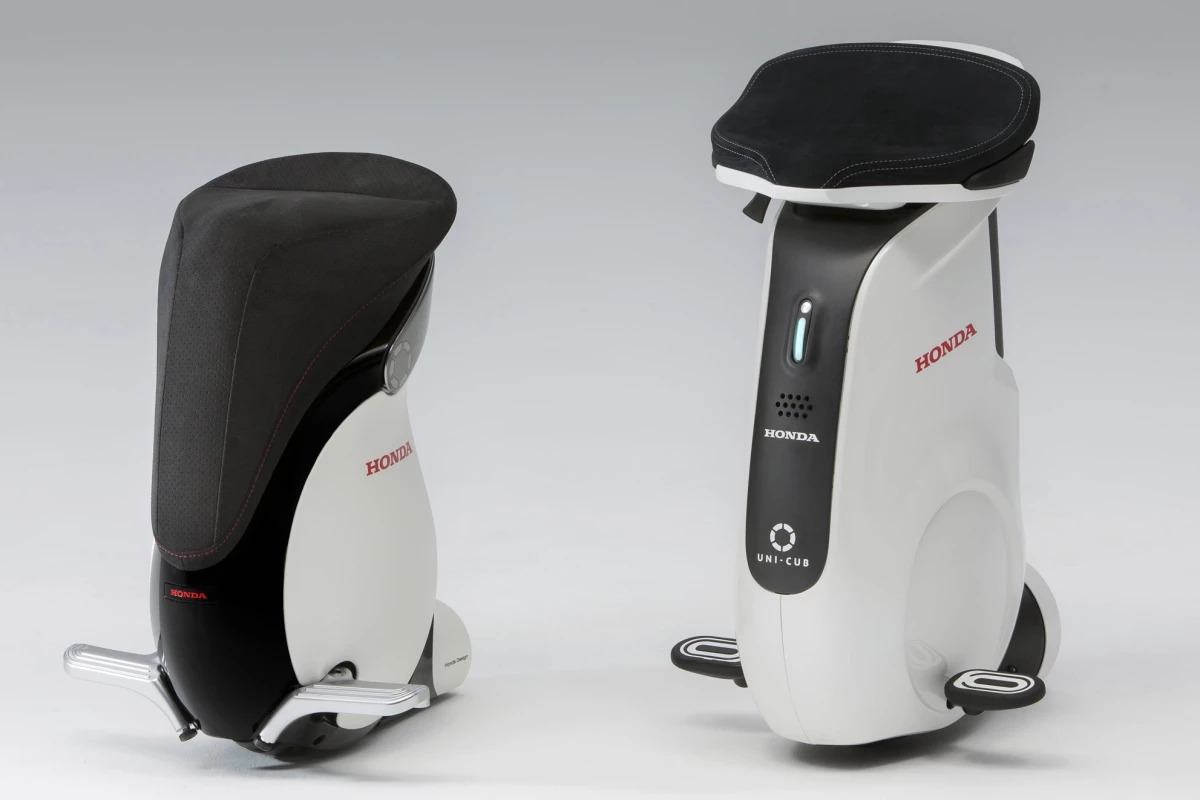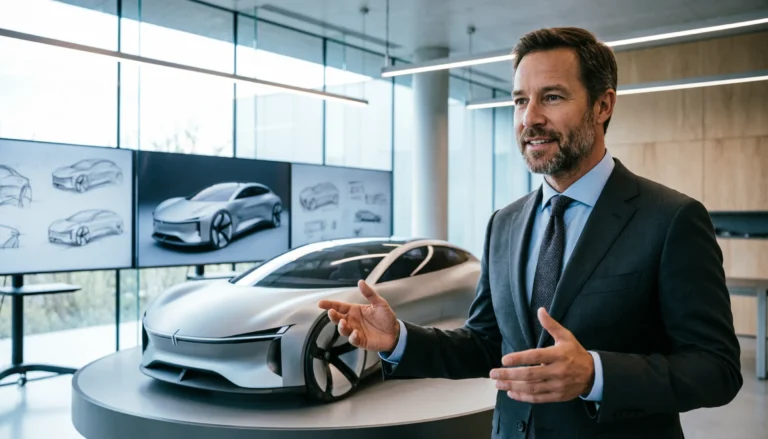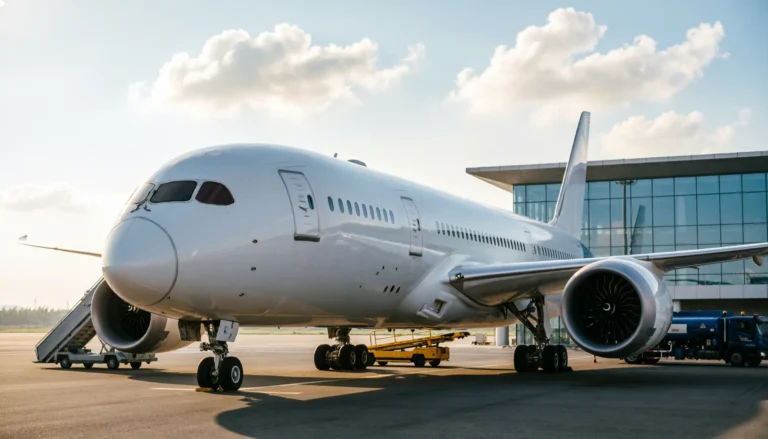
Honda to Launch UNI-ONE Hands-Free Mobility Device in Japan
Honda Motor Co., Ltd. has officially announced that it will begin commercial sales of the UNI-ONE hands-free personal mobility device starting September 24, 2025. Initially, the device will be offered to corporate customers in Japan under a service-based contract model. With this step, Honda is bringing years of robotics research and mobility development to a practical, everyday product aimed at supporting both leisure and work environments.
A New Concept for Personal Mobility
Honda envisions UNI-ONE as a “mobility device to be used at destinations.” Unlike conventional vehicles that transport people from one place to another, UNI-ONE is designed for mobility within facilities and designated areas after individuals have already arrived at their main destination. The product addresses scenarios such as moving customers around large entertainment complexes, tourist sites, or workplaces while reducing the physical burden that comes with extended walking.
UNI-ONE particularly aims to help people who may struggle with mobility issues — including seniors or those with back and leg discomfort — to enjoy outings, social activities, and workplace engagement without unnecessary fatigue. By commercializing the device, Honda hopes to expand access to what it describes as the “joy and freedom of mobility.”
Technology Rooted in Honda’s Robotics Legacy
The UNI-ONE represents a direct extension of Honda’s extensive robotics experience. Drawing from technologies developed through its work with ASIMO, the company’s famous humanoid robot, Honda engineered UNI-ONE to move intuitively with the rider’s body. Users steer the device by subtly shifting their body weight while seated, mimicking the natural act of walking. The design keeps both hands free, enhancing practicality and allowing users to interact with their environment seamlessly.
The concept of hands-free, balance-based personal mobility is not entirely new to Honda. Earlier prototypes, such as the U3-X introduced in 2009 and the UNI-CUB unveiled in 2012, explored similar ideas. UNI-ONE builds on those foundations with significant advancements in safety, ease of use, and versatility. Its public debut at the International Robot Exhibition 2022 (iREX) captured strong attention, and ongoing trial programs since 2023 have provided real-world feedback that shaped the final commercial model.
Certified as a Small Mobility Vehicle
In a notable regulatory milestone, UNI-ONE has been granted certification in Japan as a “small mobility vehicle.” This designation allows it to be legally operated in certain public areas under strict safety standards. To qualify, a vehicle must meet specific size and performance requirements: no longer than 120 cm, no wider than 70 cm, and no taller than 120 cm; powered by an electric motor; limited to a top speed of 6 km/h; and designed without sharp protrusions that might pose risks to pedestrians. Certification was obtained for both the earlier prototype and the all-new version of UNI-ONE in 2025, opening the door to broader applications.
Use Cases and Applications
Honda outlines a wide range of potential environments where UNI-ONE could add value. These include:
- Theme parks, tourist destinations, and parks – easing the strain of walking long distances.
- Airports, commercial centers, and museums – streamlining navigation across large facilities.
- Offices and medical facilities – helping workers and staff move efficiently with less physical stress.
- Smart cities and station areas – offering new last-mile mobility options.
- Shopping malls, outlet centers, and warehouses – reducing employee workload and improving accessibility.
In each of these cases, UNI-ONE is designed to enhance mobility, productivity, and inclusivity, particularly for individuals who might otherwise face limitations.
Sales Strategy and Service Model
Honda’s sales approach focuses on a service contract package rather than direct one-off sales. Each contract includes the UNI-ONE body, two swappable batteries, a charger, maintenance, repair service, call center support, insurance, and access to an operation management app. Pricing depends on contract length and unit volume:
- Less than 10 units:
- 3-year term – 120,000 yen per unit/month
- 6-year term – 90,000 yen per unit/month
- 10 units or more:
- 3-year term – 100,000 yen per unit/month
- 6-year term – 80,000 yen per unit/month
For limited-time events, UNI-ONE will also be available under a short-term rental program, starting at 55,000 yen per unit per day, including batteries, a charger, and insurance.
Honda has set an initial sales target of 1,000 units over five years. All transactions will be conducted through the official UNI-ONE website, which also provides product information, case studies, and updates on test-ride opportunities.
First Public Rollout at Harmonyland
The first facility to introduce UNI-ONE will be Sanrio’s Harmonyland theme park in Oita Prefecture, beginning October 19, 2025. Harmonyland, a family-friendly park featuring Sanrio characters, attracts visitors of all ages, including elderly guests, families with small children, and individuals with disabilities. By offering UNI-ONE, the park hopes to reduce the burden of walking long distances and ensure visitors can enjoy their time fully with family and friends.
This collaboration highlights UNI-ONE’s mission: not only to enhance convenience but also to make recreational experiences more inclusive. Honda sees partnerships with facilities like Harmonyland as critical to accelerating acceptance and expanding the device’s real-world impact.
Toward a Future of Inclusive Mobility
Honda’s decision to bring UNI-ONE to market marks a new chapter in the company’s mobility journey. By combining robotics innovation, user-centered design, and a service-driven sales approach, Honda is positioning UNI-ONE as a transformative tool for both businesses and individuals.
While still in its early rollout phase, UNI-ONE reflects Honda’s broader commitment to creating technologies that foster accessibility, reduce physical barriers, and ultimately enhance quality of life. With corporate partnerships, practical applications, and a strong emphasis on inclusivity, UNI-ONE could become a familiar sight in workplaces, entertainment venues, and public spaces across Japan in the coming years.




